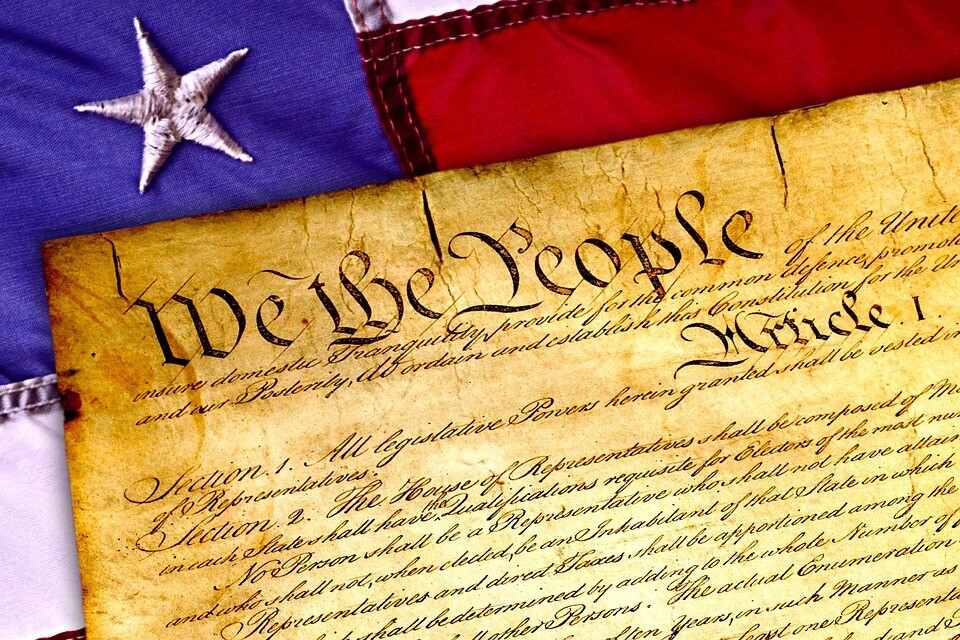Facebook usage is ubiquitous; no matter who you are-an individual, a business, or a government official-the far reach of the social media giant is undeniable.
Facebook appeals to many for its ability to reach people, and several Facebook products are available that benefit both individuals and organizations. Facebook's "Pages" is a product intended for use by organizations but ultimately managed by individuals. It was just such a Facebook Page that garnered attention in the 2019 Fourth Circuit decision Davison v. Randall. The case provides illumination as to whether an intangible Facebook Page can constitute a "public forum" for purposes of First Amendment analysis. The case also examines the conditions under which banning someone from such a page might constitute actionable viewpoint discrimination.
Viewpoint Discrimination on Facebook Page--First Amendment Considerations
Phyllis Randall was the chairperson of the county board of supervisors in Loudoun County, Virginia. She had three Facebook profiles: a personal profile, a campaign Page, and the "Chair Phyllis J. Randall" Facebook Page. She designated the "Chair" page as a governmental official page, where she invited "ANY Loudoun citizen" to comment on "ANY issues."
When constituent Brian Davison posted comments on that Page alleging possible conflicts of interests by school board members in approving financial transactions, Randall temporarily banned Davison's "Virginia SGP" Page, of which Davison was the sole operator, from making further comments on her governmental Page.
Davison sued, alleging Randall's temporary ban violated his free speech and due process rights. The case prompted consideration of two important questions:
- Is a government official Facebook Page established and used by an elected official a "public forum"?
- Does banning someone from posting on a government official Facebook Page constitute viewpoint discrimination in violation of the First Amendment?
Is a Social Media Page a Public Forum?
Davison v. Randall addressed the recurring question of what constitutes a public forum for First Amendment analysis. A traditional public forum is a place in which the government may not discriminate against speakers on the basis of the speakers' views. In 2017, the US Supreme Court analogized social media sites to "traditional public forums" in Packingham v. North Carolina, signifying that a public forum did not necessarily have to be a physical space.
The issue arose again in Davison v. Randall, where the Fourth Circuit acknowledged that the Supreme Court and the other circuits had not "squarely addressed" when a governmental social media page is considered to be a public forum; however, the Fourth Circuit found that Randall's governmental Facebook Page had the "hallmarks of a public forum" given that she had intentionally requested public comment.
The Fourth Circuit was also careful to note that, although the Page might be "private property," such was not dispositive because the Supreme Court has not limited forum analysis to government property only.
What Is Viewpoint Discrimination?
Viewpoint discrimination is discrimination based on the speaker's ideology, opinion, or perspective. It is more than discrimination against speech because of the subject matter; rather, it is discrimination against speech because of the viewpoint offered.
Randall established and maintained the governmental Facebook Page and invited comment on public issues there. She even indicated a preference for communications in that forum because they were subject to Freedom of Information Act requests. The Fourth Circuit found that Randall's ban of Davison from commenting on her governmental Facebook Page was based on the viewpoint he had expressed and, therefore, constituted a black-letter example of viewpoint discrimination.
Using the Fourth Circuit Facebook Case to Look Ahead
Davison v. Randall is instructive in its discussion of public forums and viewpoint discrimination, but it is also helpful in identifying the kinds of things a court may look at to determine whether a government official is using a Facebook Page under color of state law. Such considerations might include the following:
- Using the Facebook Page as a tool for governing;
- Making the Facebook Page appear to have the "power and prestige" of a governmental office;
- Creating and administering the Facebook Page to perform actual or apparent duties of an office; or
- Taking actions that are linked to events arising out of the owner's official status
A Facebook Page can be a powerful tool. Officials can use the forum to make comments and exchange ideas with constituents, to invite the public to participate in public meetings and public commissions, to inform the public about official actions or upcoming meetings, or to inform the public about significant public safety concerns. These were all ways in which Randall utilized her government official Facebook Page.
Care must be taken, however, in selecting a private social media website for use as a modern public forum. As Davison v. Randall shows, blocking or banning someone from a public forum-especially after inviting open comments by constituents-can lead to allegations of free speech violations and viewpoint discrimination on Facebook.
Jenkins Fenstermaker, PLLC helps public and business clients navigate constitutional and regulatory requirements and identify and avoid claims like those presented in the Fourth Circuit Facebook case. To speak with Nate Kuratomi or another Jenkins Fenstermaker attorney, use our online form or call us at (304) 523-2100 or (866) 617-4736 toll-free.


